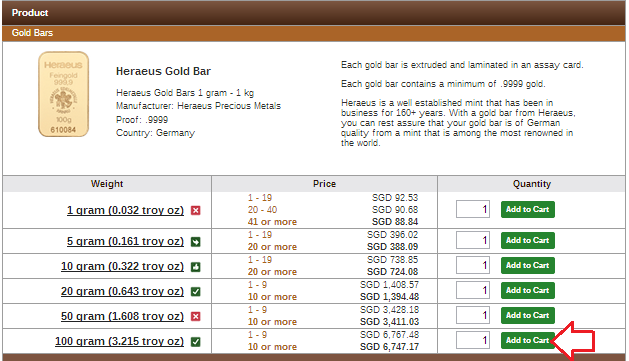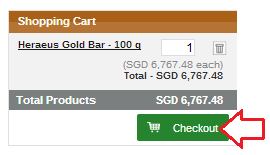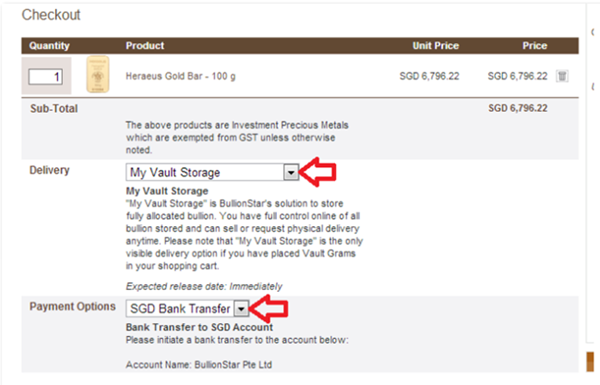Authentic gold in Singapore
Below is a piece of editorial from BullionStar, a bullion dealer based in Singapore which exempted investment grade precious metals from the goods and services tax (GST). Just like BullionStar, one of the the goals of SG Wealth Builder is to educate Singaporeans on the merits of owning gold and silver bullion as a means of wealth preservation. This article will discuss where to buy authentic gold in Singapore.
We often get questions on the authenticity of different products.
How can I know it’s really gold?
How can I test?
Is there a certificate of authenticity included?
Let’s address the last question first. Most bullion bars and bullion coins don’t come with any certificate of authenticity. The refinery’s stamp on the coin or bar is the refinery’s guarantee of the authenticity.
It’s after all much easier to fake a piece of paper certificate than it is to fake the metal. As a matter of fact, a metal can’t be faked, it can only be imitated in regards to some characteristics but never all.
One of the most important characteristics for gold is its high density. The density for gold is 19.3 g/cm3 which is almost the highest density of all elements on earth.






























